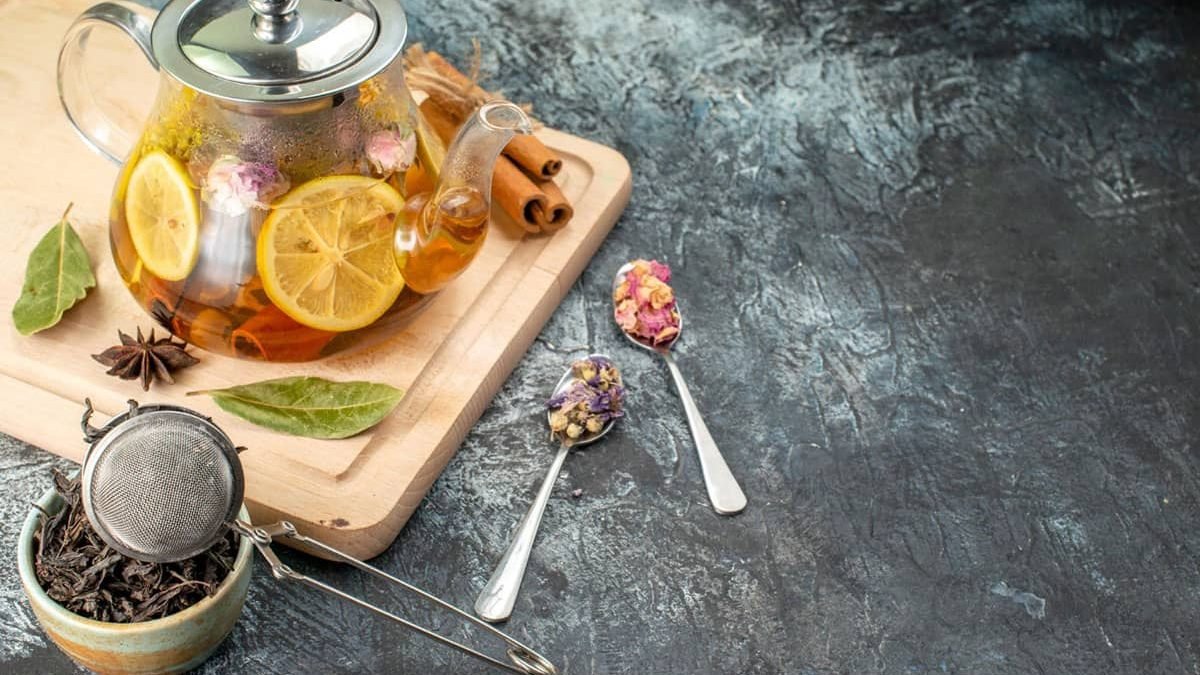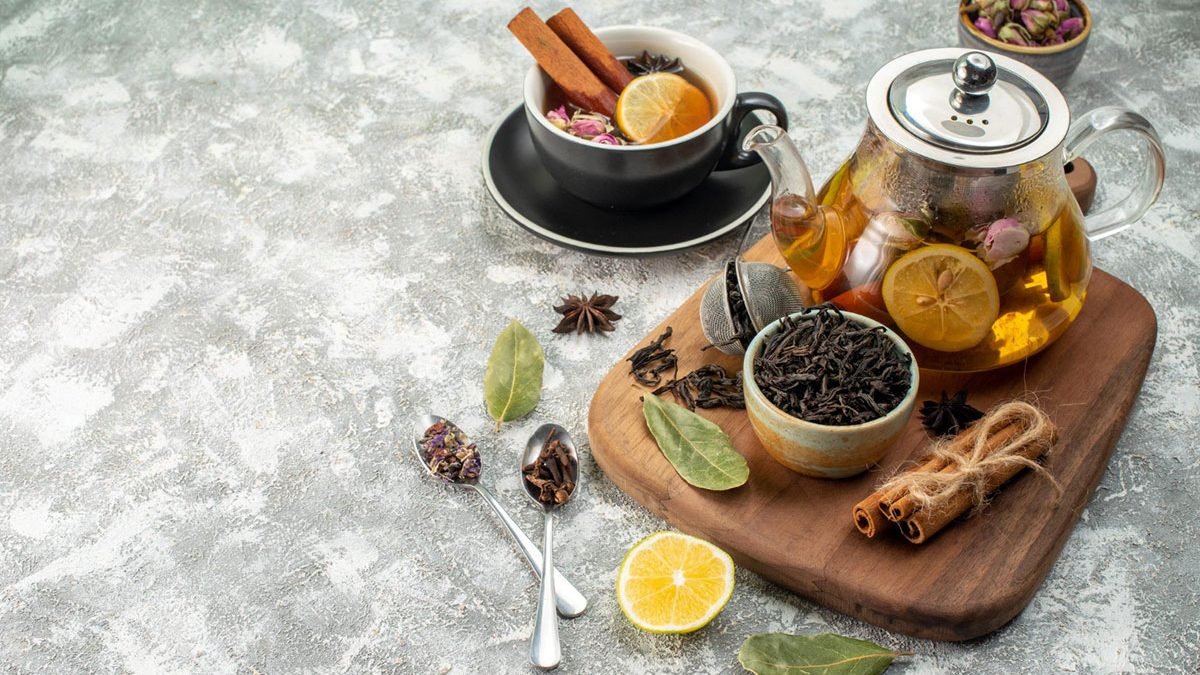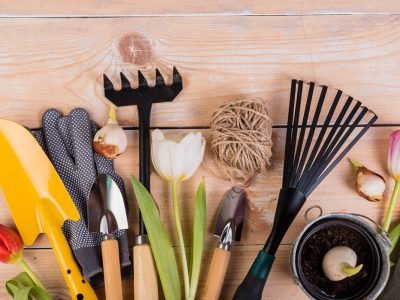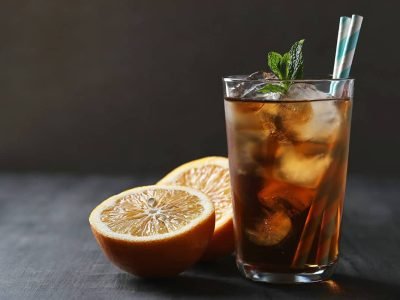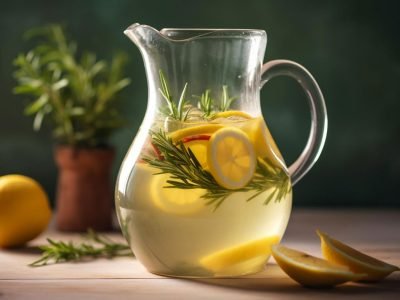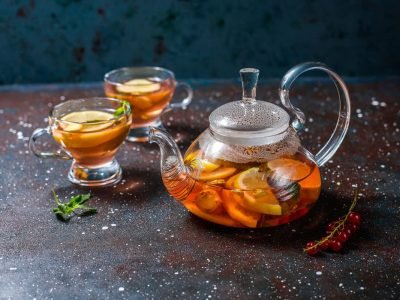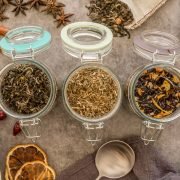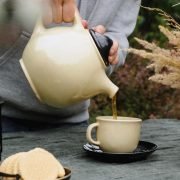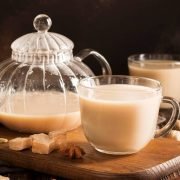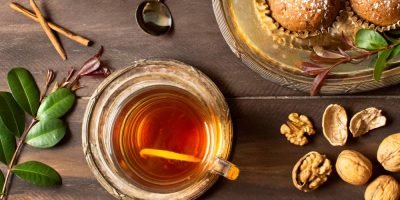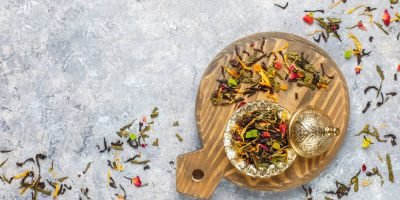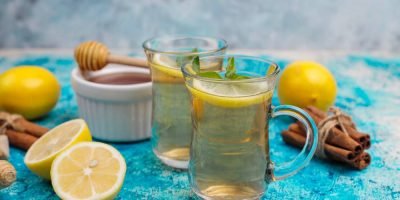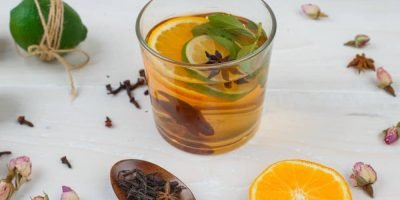Balkan Tea is an ancient tradition that is still enjoyed by many today. This page will explore the history and cultural significance of this tea.
Balkan Tea
Tea is one of the oldest beverages in the world, with a rich history dating back thousands of years. In the Balkans, tea drinking is an ancient tradition passed down through generations.
Balkan tea is typically made with black tea leaves but can also be made with green or herbal tea. The most popular brand of black tea in the Balkans is Чajбад (Chai-ba-d), which is produced in Bulgaria.
The history of Balkan tea dates back to the Ottoman Empire. Turkish traders first introduced tea to the region in the 16th century, and it quickly became a staple in the daily lives of the Balkans people.
In the early days, tea was consumed mainly by the upper class as it was an expensive import from Asia. However, over time, tea became more affordable and accessible to everyone.
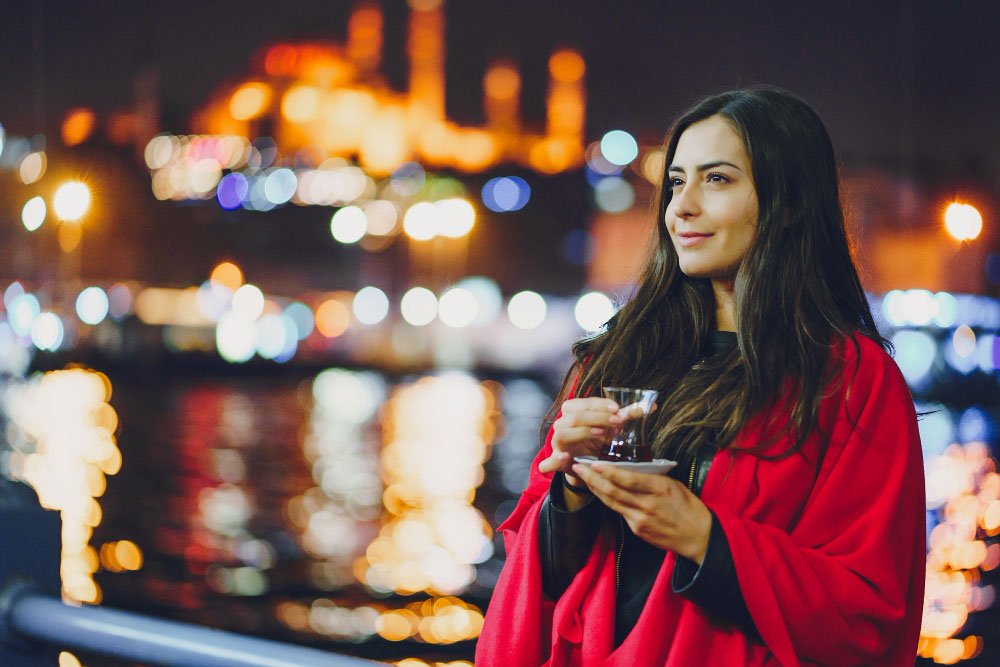
Today, tea drinking is a significant part of Balkan culture and customs. Depending on the region and personal preference, there are many ways to make Balkan tea.
The most common way to make Balkan tea is to boil water and add milk and sugar to taste. For a more traditional approach, green or black tea leaves are added directly to boiling water without milk or sugar.
There are also many variations of Balkan tea, including herbal, fruit, and spiced teas. Here are some of the most popular variations:
Herbal Teas: Balkan herbal teas are made with various herbs and spices, such as mint, sage, rosemary, lavender, and chamomile. These teas have many health benefits and are often used as natural remedies for colds and flu.
Fruit Teas: Fruit teas are made with fresh or dried fruits such as oranges, lemons, limes, berries, and cherries. They are a refreshing way to enjoy tea and are often used as an alternative to sugary drinks.
Spiced Teas: Spiced teas are made with cardamom, cinnamon, cloves, and nutmeg. They have a warm, comforting flavor, perfect for chilly winter days.
The History of Balkan Tea
Balkan tea is an ancient tradition that has been passed down through generations. The first recorded mention of Balkan tea dates back to the 15th century, when it was mentioned in a medical text from the Ottoman Empire. Since then, Balkan tea has been enjoyed by people worldwide for its unique flavor and health benefits.
The history of Balkan tea is closely intertwined with the Balkans’ history. The region has a long and rich cultural heritage; tea has been essential to Balkan life for centuries. In recent years, Balkan tea has become increasingly popular in the West as people have become more interested in exploring different types of tea.
There are many ways to make Balkan tea, but the most common method is to simmer tea leaves in water until they release their flavor. This type of tea is usually made with black tea leaves, which give it a strong flavor. Other common ingredients in Balkan tea include mint, lemon, and honey.
Balkan tea is typically served hot but can also be enjoyed coldly. When served cold, it is often called Bosnian coffee. Balkans coffee is made by boiling water and then adding coffee grounds. The mixture is then left to steep for several minutes before being strained.
Balkan tea is a delicious and refreshing drink with a long and rich history. Balkan tea is a great place to start if you want to explore different tea types.
The Origins of Balkan Tea
Balkan tea is an ancient tradition that dates back centuries. The earliest records of tea consumption in the Balkans date back to the 15th century when Ottoman traders introduced it. Tea quickly became popular in the region, and by the 17th century, it was an essential part of Balkan culture. Today, Balkan tea is enjoyed by people of all ages and is considered a necessary part of the region’s heritage.
Balkan tea is typically made with black tea, spices, and herbs. The most popular spice is cardamom, but other common spices include cloves, cinnamon, and nutmeg. The herbs used in Balkan tea vary depending on the region, but common choices include mint, basil, and rosemary. In some parts of the Balkans, fruit juices or jams are added to the tea to give it a sweet flavor.
Balkan tea is usually brewed in a unique pot called a cezve. This pot has a long handle that holds it over an open flame. Once the water in the pot comes to a boil, the tea leaves and spices are added and allowed to steep for several minutes. The tea is then poured into small cups called fildjan and served with sugar or honey if desired.
Balkan tea is more than just a drink; it symbolizes hospitality and friendship. When guests come to your home, offering them a cup of tea is customary as a sign of welcome. Drinking tea together is also a way to bond with friends and family. In many parts of the Balkans, it is traditional to drink three cups of tea during social gatherings: one for each person present and one for good luck.
Whether you enjoy a cup of Balkan tea at home or share it with friends, this delicious tradition will bring you warmth and happiness.
Balkan Tea in the Middle Ages
Balkan tea has a long and storied history, dating back to the Middle Ages. In those days, the tea was known as Turska Chai and was enjoyed by the wealthy and the poor. The rich enjoyed their tea with milk and honey, while the poor had to make do with sugar. Despite this difference in quality, everyone agreed that Balkan tea was the best way to start the day.
During the Ottoman Empire, tea became more accessible to the masses and became an essential part of Balkan culture. Tea was seen as a way to unite people, regardless of social status. It was not uncommon for people of different religions to share a pot of tea. This shared tea tradition is still alive in some parts of the Balkans.
Balkan tea is usually made with black tea leaves, milk, and sugar (or honey). Some people also like adding some lemon juice to their tea. This creates a delicious and refreshing drink that is perfect for any time of day.
Balkan Tea in the Modern Era
In the Balkans, tea is more than just a drink—it’s a way of life. For centuries, people have enjoyed tea as a refreshment and a way of bonding with friends and family. Balkan tea is becoming increasingly popular in the modern era, with people worldwide looking for a unique and authentic tea-drinking experience.
There are many ways to make Balkan tea, but the most common method is to boil water and then add a mix of herbs and spices such as mint, sage, lemon verbena, and/or rosemary. Tea made this way is often drunk with milk and sugar, and it has a distinctive flavor unlike any other type of tea.
Balkan tea is usually brewed in unique teapots explicitly designed for this purpose. These teapots typically have a long spout that helps to aerate the tea and give it a more intense flavor. The teapots are also generally decorated with intricate designs, which add to the overall aesthetic appeal of Balkan tea.
If you want to try Balkan tea, you can find it online or at specialty food stores. For an authentic experience, try making it yourself using one of the traditional methods!
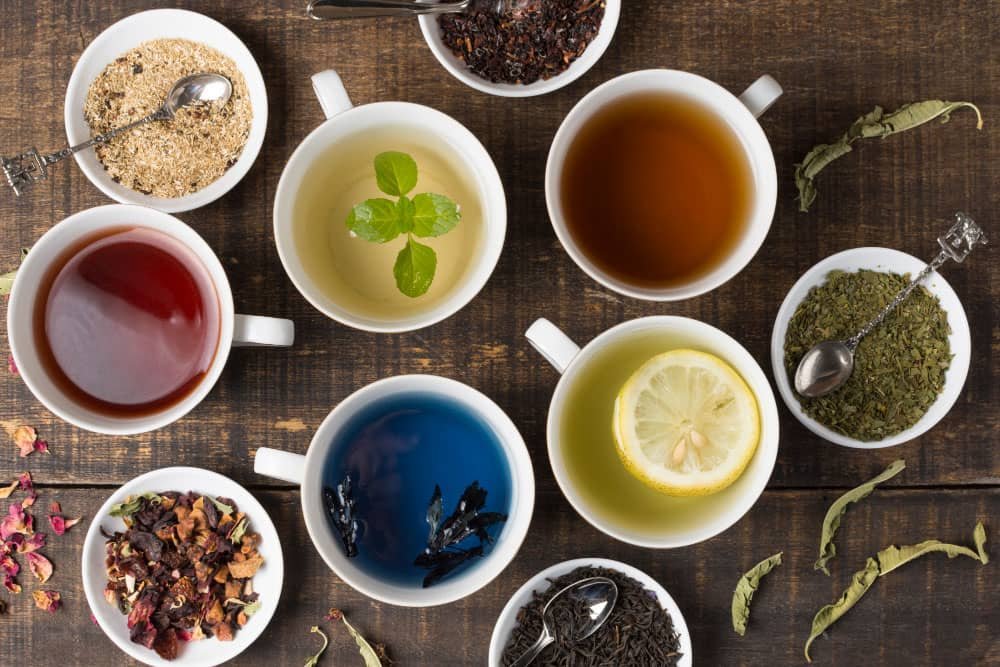
How to Make Balkan Tea
Balkan tea is an ancient tradition dating back centuries. It is made by boiling water and adding milk, sugar, and spices. Although there are many different recipes for Balkan tea, the most common ingredients are black tea, milk, sugar, cloves, and cinnamon.
To make Balkan tea, you will need:
- 1 cup of water
- 1 cup of milk
- 1 tablespoon of sugar
- 1 teaspoon of black tea
- 2 cloves
- 1 cinnamon stick
- Boil the water in a pot.
- Add the black tea and let it steep for 3 minutes.
- Add the milk and sugar and stir until the sugar has dissolved.
- Add the cloves and cinnamon stick, and let the tea simmer for 5 minutes.
- Serve hot and enjoy!
Ingredients:
Balkan tea is a traditional herbal tea made from different plants and herbs. The most commonly used ingredients in Balkan tea are:
- Thyme
- Rosemary
- Sage
- Mint
- Lemon balm
- St. John’s wort
- Yarrow
- Chamomile
Step-by-Step Instructions
Brewing the perfect cup of Balkan tea is a tradition passed down through generations. Although the process may seem complicated, it is pretty simple once you know the steps.
- Start by boiling water in a teapot. The water should be at a rolling boil to ensure the tea is brewed correctly.
- While the water is boiling, please warm the teacups by rinsing them with hot water from the tap. This will help keep the tea hot once it is poured.
- When the water has come to a boil, carefully measure two teaspoons of loose-leaf tea per cup. If you are using tea bags, one bag per cup will suffice.
- Pour the boiling water over the tea leaves or bags and allow them to steep for 3-5 minutes. Depending on your preference, you can add milk or lemon.
- After the tea has steeped for the desired time, strain it through a strainer to remove the leaves or bags from the cups. Serve immediately and enjoy!
Variations of Balkan Tea
Balkan tea has been a tradition for centuries. While the ingredients and preparation methods may vary from region to region, the basic principle is always the same: to create a healing and strengthening beverage using only natural ingredients.
One of the most popular variations of Balkan tea is called **čajna šorša**, made with blackberry leaves, fresh mint, and sugar. This refreshing drink is said to help ease stomach aches and promote digestion. Another popular variation is **čaj od kima**, made with chamomile flowers and lemon balm.
This herbal tea is often drunk before bedtime, promoting relaxation and sleep. Whatever the variation, Balkan tea is consistently brewed in a unique pot called a **džezva**. This pot has a long handle and a small spout, allowing controlled pouring.
The džezva is placed on a hot plate called a **sanduk**, which helps to keep the tea warm throughout the brewing process. If you are ever in the Balkans, try some delicious healing tea!
Herbal Teas
There are many different herbal teas, each with distinct flavors and benefits. Many of these teas have been around for centuries and have been passed down through generations in the Balkans.
Some of the most popular Balkan herbal teas include:
Yerba Mate: This tea is made from the leaves of the Ilex paraguariensis plant and is popular in Argentina, Uruguay, Paraguay, Chile, and Brazil. It has a strong flavor and is known for its energizing properties.
Nettle Tea: Nettle tea is made from the leaves of the stinging nettle plant. It has a bitter taste but is rich in vitamins and minerals. Nettle tea is believed to be helpful for respiratory problems, allergies, and urinary tract infections.
Chamomile Tea: Chamomile tea is made from the flowers of the chamomile plant and has a sweet, apple-like flavor. Chamomile tea is known for its calming effects and is often used as a natural sleep aid.
Peppermint Tea: Peppermint tea is made from the leaves of the peppermint plant. It has a refreshing, minty flavor and is stomach-soothing. Peppermint tea is often used to relieve nausea, gas, and indigestion.
Dandelion Tea: Dandelion tea is made from the leaves of the dandelion plant. It has a bitter taste but is rich in vitamins and minerals. Dandelion tea is believed to be helpful for digestive problems, skin conditions, and joint pain.
Fruit Teas
Fruit teas are herbal teas containing dried fruits, flowers, and spices. They are caffeine-free and contain a high concentration of antioxidants. Fruit teas help prevent cancer, heart disease, and stroke. They are also thought to boost the immune system and help people lose weight.
There are many different fruit teas, including blackberry, blueberry, cherry, peach, raspberry, strawberry, and watermelon. Fruit teas can be made with fresh, frozen, or dried fruits.
To make a fruit tea, you will need:
- 1 cup of water
- 1/2 cup of dried fruit
- 1 teaspoon of honey (optional)
- 1/4 teaspoon of ground ginger (optional)
Bring the water to a boil and then remove from heat. Add the dried fruit to the water and let steep for 10 minutes. If you are using fresh or frozen fruit, you can add it now. After 10 minutes, remove the fruit with a slotted spoon and add the honey and ginger if you use them. Pour into cups and enjoy!
Spiced Teas
In the Balkans, spiced teas are a centuries-old tradition. Tea is typically brewed with spices such as cardamom, cloves, cinnamon, and nutmeg, which gives it a distinctive sweet and savory flavor.
Spiced tea is popular in the Balkans and other parts of the world, such as Turkey, Iran, and India. Many of the spices used in Balkan spiced teas are also used in these countries’ traditional teas.
While the exact origins of spiced tea are unknown, it is clear that this tradition has been passed down through generations. In recent years, spiced tea has become more popular than ever before. This is likely due to the increasing popularity of health foods and alternative medicines.
There are many health benefits associated with drinking spiced tea. For example, cardamom aids digestion, cloves have antiviral properties, cinnamon can help regulate blood sugar levels, and nutmeg has anti-inflammatory properties.
If you’re interested in trying Balkan spiced tea, you can find recipes online. Just be sure to use fresh spices for the best flavor.
Post Disclaimer
The information contained in this post is for general information purposes only. The information is provided as is and while we endeavour to keep the information up to date and correct, we make no representations or warranties of any kind, express or implied, about the completeness, accuracy, reliability, suitability or availability with respect to the website or the information, products, services, or related graphics contained on the post for any purpose.
These statements have not been evaluated by the FDA and are not intended to diagnose, treat, cure or prevent any disease or health condition. If you have specific healthcare concerns or questions about the products displayed, please contact your licensed healthcare professional for advice or answers.



